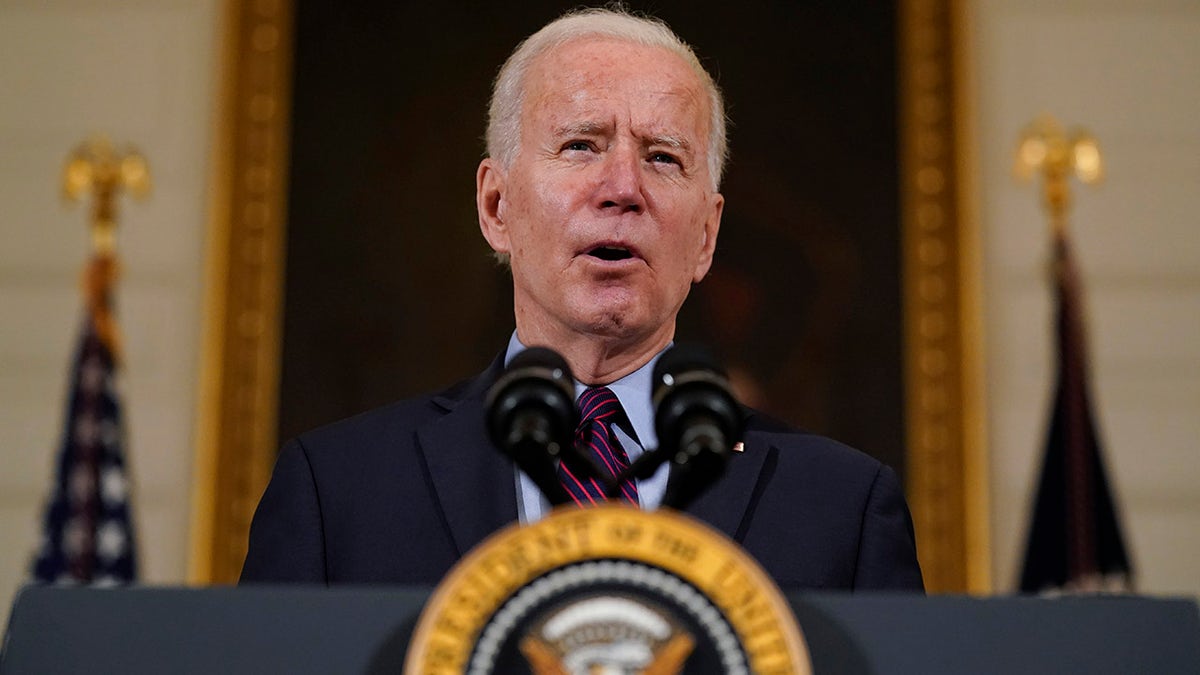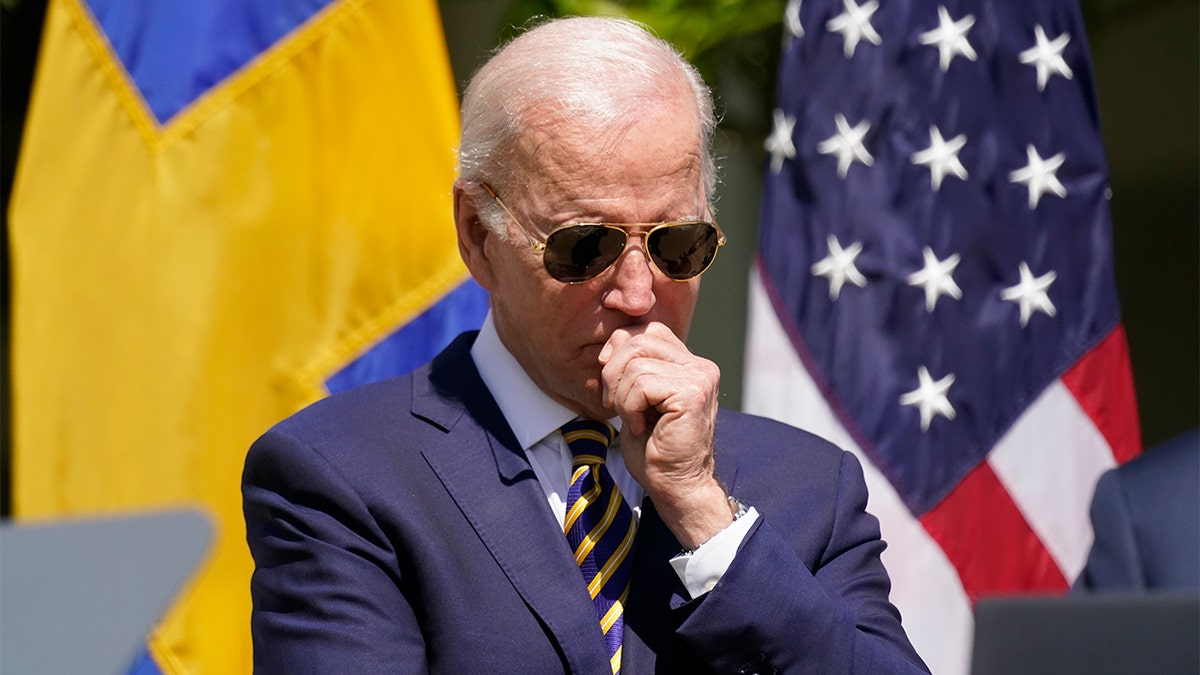Biden economic adviser says Build Back Better is 'smart economic policy right now'
Biden's Council of Economic Adviser's chair Cecila Rouse said Tuesday that the Build Back Better bill was "smart economic policy" despite rising inflation.
Council of Economic Advisers Chair Cecilia Rouse said Tuesday on CNBC's "Squawk Box" that the Build Back Better bill was "smart economic policy" during a discussion about inflation and whether a recession was inevitable.
CNBC host Joe Kernen asked if she was "on board" with the administration's original claims that inflation was transitory.
"The question of transitory was and is that it was related to the pandemic as opposed to a kind of inflation in which we have anchored expectations, and we have really entrenched inflation," she said, adding that she believed inflation would come down as the country returns to economic normalcy.
President Biden told reporters on Monday that there was "nothing inevitable about a recession."
INFLATION TIMELINE: MAPPING THE BIDEN ADMIN'S RESPONSE TO RAPID PRICE GROWTH
"Now you sound like a Republican politician, I'm joking, that was a joke, that was a joke," Biden said to a reporter who asked about economists predicting a recession. "But all kidding aside, no I don't think it is. I was talking to Larry Summers this morning, there's nothing inevitable about a recession."

President Joe Biden speaks about the economy in the State Dinning Room of the White House, Friday, Feb. 5, 2021, in Washington. (AP Photo/Alex Brandon)
Kernen was joined on CNBC Tuesday morning by Tom Farley, the Chairman and CEO for Far Peak Acquisition, who asked Rouse if it was the appropriate time for the administration to push for the Build Back Better bill, noting that it was still on the table.
"The president is focused on inflation and in fact, Build Back Better is a long-run investment to increase economic capacity so that we're better able to address inflation. Parts of Build Back Better include addressing costs, such as prescription drugs. It includes making investments to make the transition to clean energy which we know we need to be making as well. So that's not the kind of dollars that is stimulus, it's investment, and it's the kind of investments that actually pay for themselves over time. So that's smart economic policy right now," Rouse said.
She further added that Biden was focused on lowering gas prices in the short term while also making investments toward transitioning to renewable energy.

View of the prices of gas at the Shell gas station on Friday, March 25, 2022, in New York. (AP Photo/Brittainy Newman)
"Is it possible, as Americans are feeling that pain, that that message is a little tone-deaf? And could have a really, kind of negative impact in terms of consumer sentiment," Farley asked.
Rouse said she didn't know "which part" of that was tone-deaf.
"Focusing on spending money," Farley reiterated.
"He's focused on reducing costs for some of the most important items for Americans," she responded. "Reducing prescription costs, reducing costs for childcare, helping people get back to work because they are able to balance responsibilities at home and at work. So these are the kinds of investments we need to make, they spend out over time."

President Biden listens as Swedish Prime Minister Magdalena Andersson speaks in the Rose Garden of the White House in Washington, Thursday, May 19, 2022, also with Finnish President Sauli Niinisto. (AP Photo/Andrew Harnik)
She said that Biden was focused on reducing the deficit and that he understands the role it plays and emphasized making investments that will help the economy thrive.
CLICK HERE TO GET THE FOX NEWS APP
Larry Summers said Monday that the unemployment rate would have to rise before inflation decreases.
White House Press Secretary Karine Jean-Pierre reiterated during a press conference on Tuesday that the administration does not believe the U.S. is in a recession, but rather a "transition" into a period of steady growth.









































